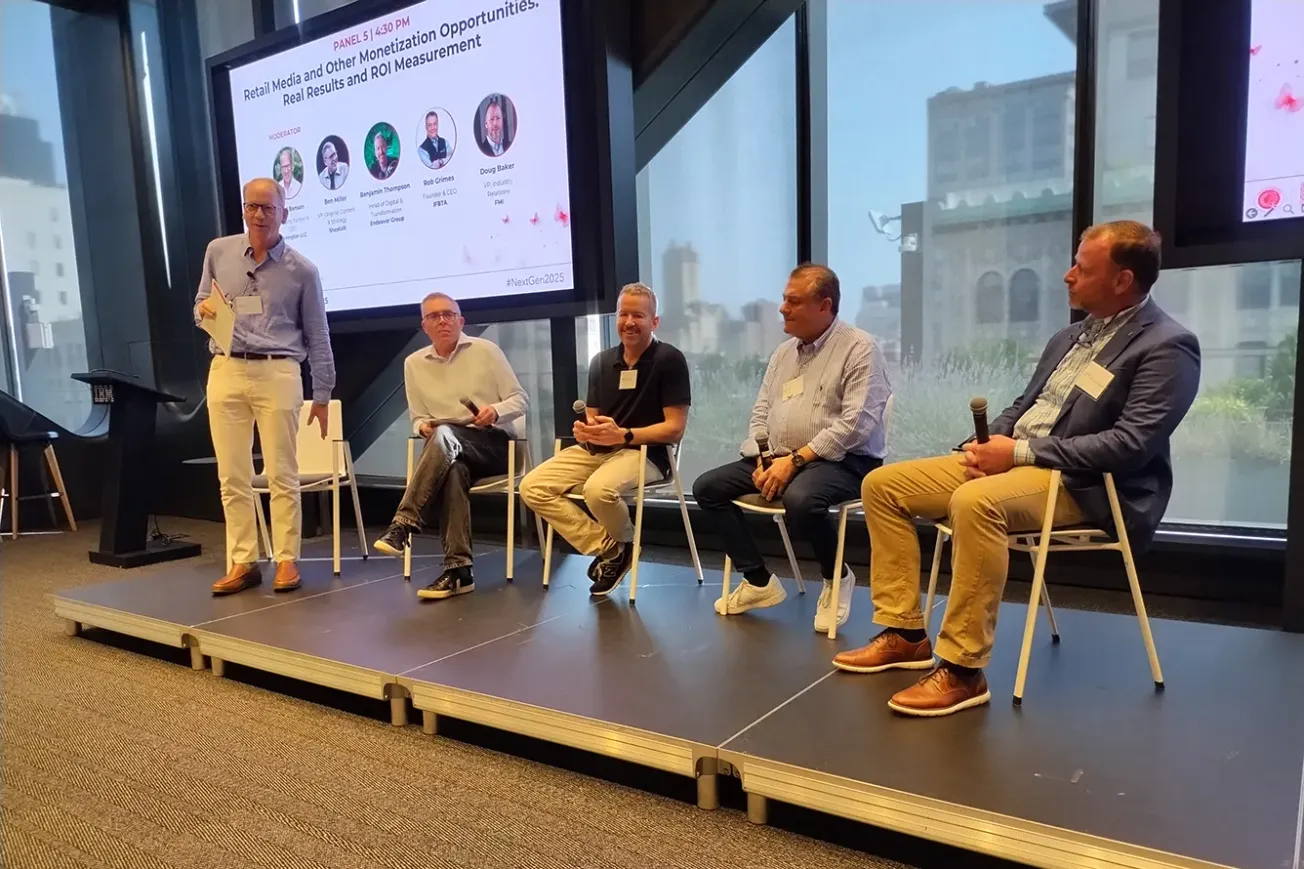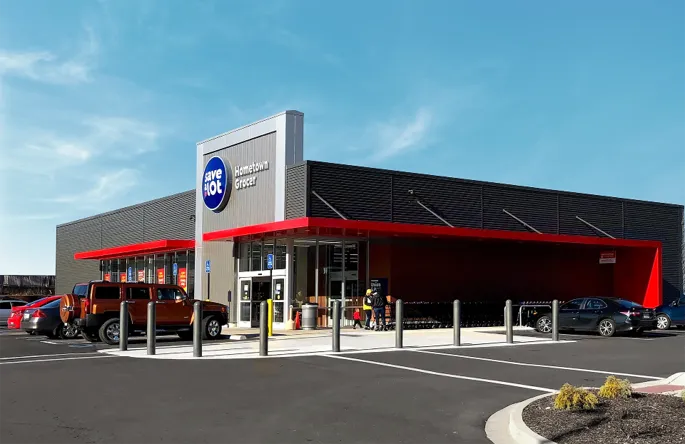NEW YORK – Retailers and brands have unprecedented access to powerful tools, including generative artificial intelligence (GenAI), that make businesses more productive and help them maintain mutually advantageous connections with consumers, according to Coresight Research, a data-driven firm looking to the future of retail and helping clients prepare for what comes next.
Coresight and IBM brought together a mix of global leaders and innovators on June 23 for “NextGen 2025: Retail, Real Estate + the New Consumer,” a one-day conference exploring how technology is reshaping the retail landscape, from the physical store to the supply chain and from data to marketing.
"Welcome to the spark that starts change,” Deborah Weinswig, Coresight’s founder and chief executive, said in introducing the event. Founded in 2014, Coresight serves clients across the consumer sector by leveraging proprietary data to provide insights and deliver actionable strategies that anticipate change.
AI was the common thread connecting the conference’s keynote addresses and panel discussions.
Embedded into an ever-widening range of business tools, artificial intelligence is deployed by retailers seeking efficiency gains and ROI enhancements, said Ben Miller, vice president of content at Shoptalk. Notably, AI is giving retailers and brands new ways to influence consumers. Putting ad money into Google, Amazon and Meta becomes less prominent, he said, as AI search and AI agents offer companies an alternative to keywords to make sure their products are found by consumers.
Ryan Kim, CEO at Kim’C Market, explained how his company remains “No. 1 in SEO” in its category without buying ads. The company, an online purveyor of “better for you” Korean food, kitchenware, and crafts, eschews keywords in favor of answer engine optimization, a strategy for optimizing content to provide direct answers to user queries in AI-powered conversational search tools like ChatGPT.
“We have no salesmen. We are not running ads,” Kim said. "It’s all through SEO because we put out a lot of things about cultural context and our product, our producers, and Korean culture and history.”
The AI-aided content is tailored to captivate the types of people who might have an interest in, say, why a French winery responding to climate change began making traditional soy sauce, which started showing up in the kitchens of renowned French chefs.
Kim described how AI helped the New York-based company come up with St. Patrick’s Day-themed topics for the company. “Then we wrote about our similar cultures and our immigrant stories. [The Irish] came [to America] in the 1850s, we came, like 30 years later. We talked about fermented drinks; so, stouts, Koreans have rice wine,” he said. “AI helped the graphics. We sent out an A/B test [comparing draft versions] that also was very successful. Our AOV doubled and the conversion rate has gone up.”
A splintering path to purchase
Vivek Farias, co-founder and chief technology officer at Cimulate AI, noted how AI’s large language models represent a massive repository of Internet information that heretofore was beyond the reach of small and midsized companies. “Data used to be a moat,” Farias said. But consumers are now using AI tools like ChatGPT and Perplexity AI to find the products they want without Google, he said, and potentially bypassing retailer websites. "And agents are doing the shopping,” he said.
AI can improve the way brands stay in touch with their customers, said Nicole Eckels, founder and CEO of Glasshouse Fragrances.
“Brands ‘age out’ by following its original customer base as it gets older, said Eckels. Her company aims to avoid this fate by using data to develop consistent brand messaging to a 32-year-old shopper, the age of the brand’s prime shopper, and the one best positioned to influence others.
Artificial intelligence is allowing more retailers to develop alternative revenue streams, according to Todd Benson, managing partner and CEO at Herrington LLC. AI is optimizing retail media, helping companies create marketing campaigns that are more efficient and effective. Artificial intelligence also enables highly personalized marketing that’s more closely aligned with customer preferences and behaviors.
Walmart’s advertising revenue increased 27% to $4.4 billion in 2024. Amazon’s revenue from advertising services topped $56 billion. “These aren’t side hustles any longer,” Benson said.










